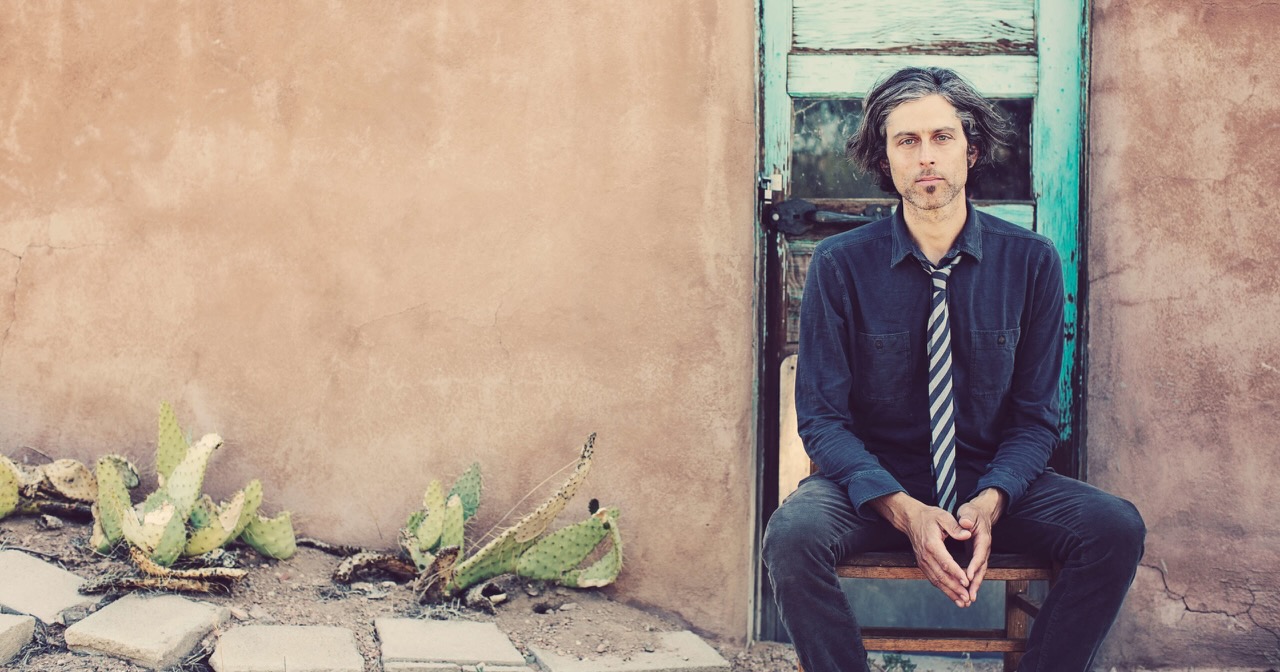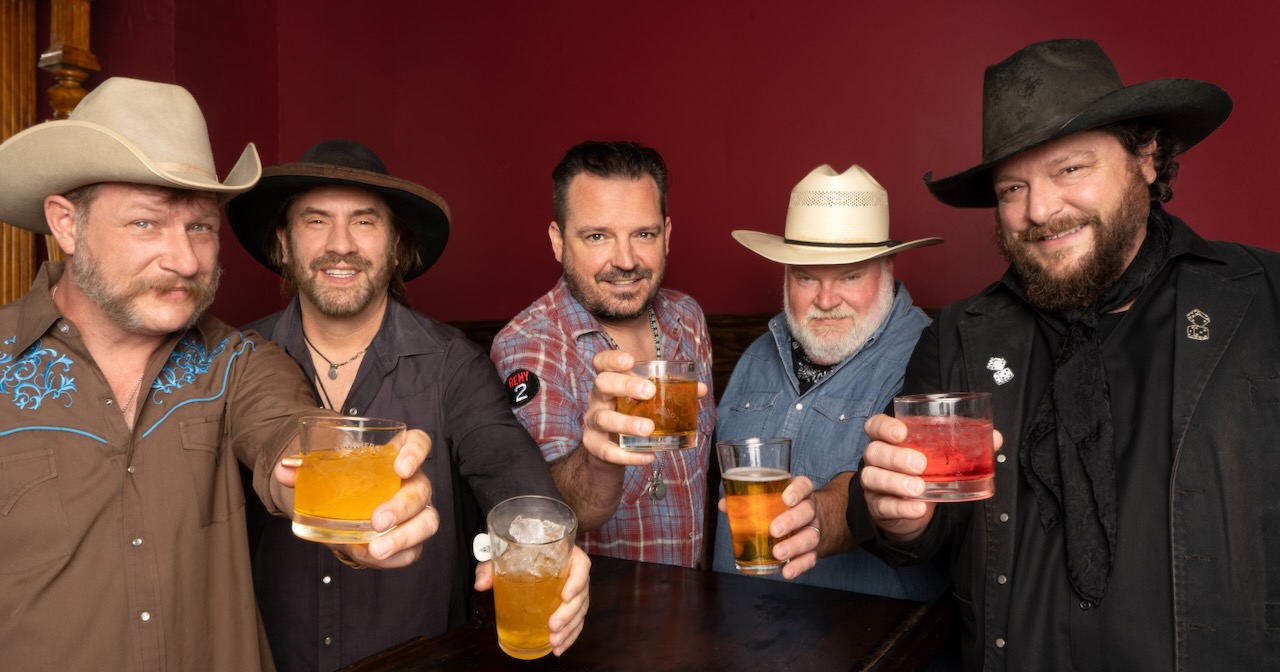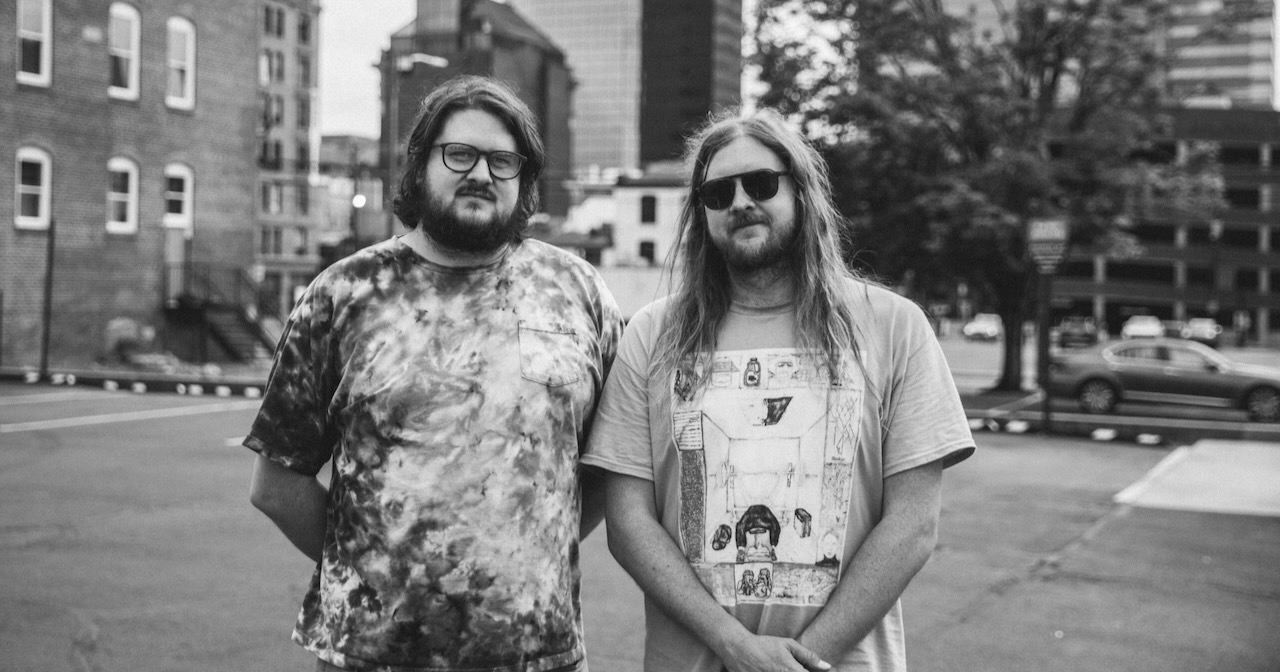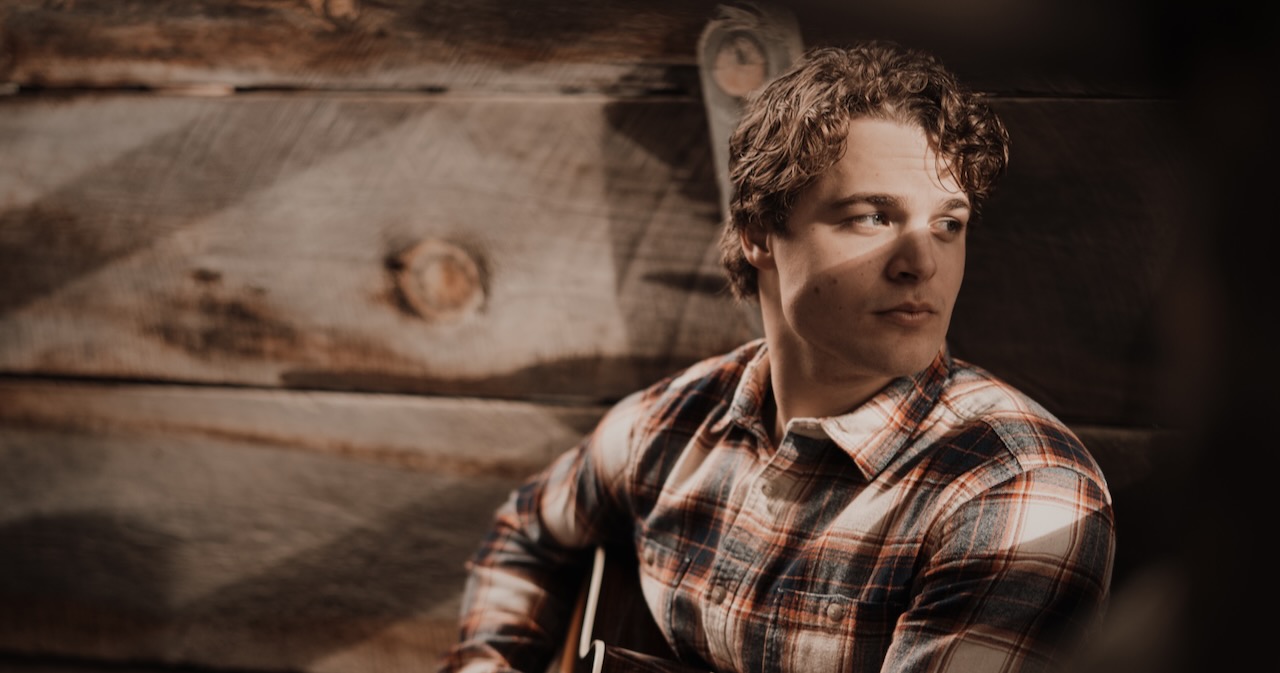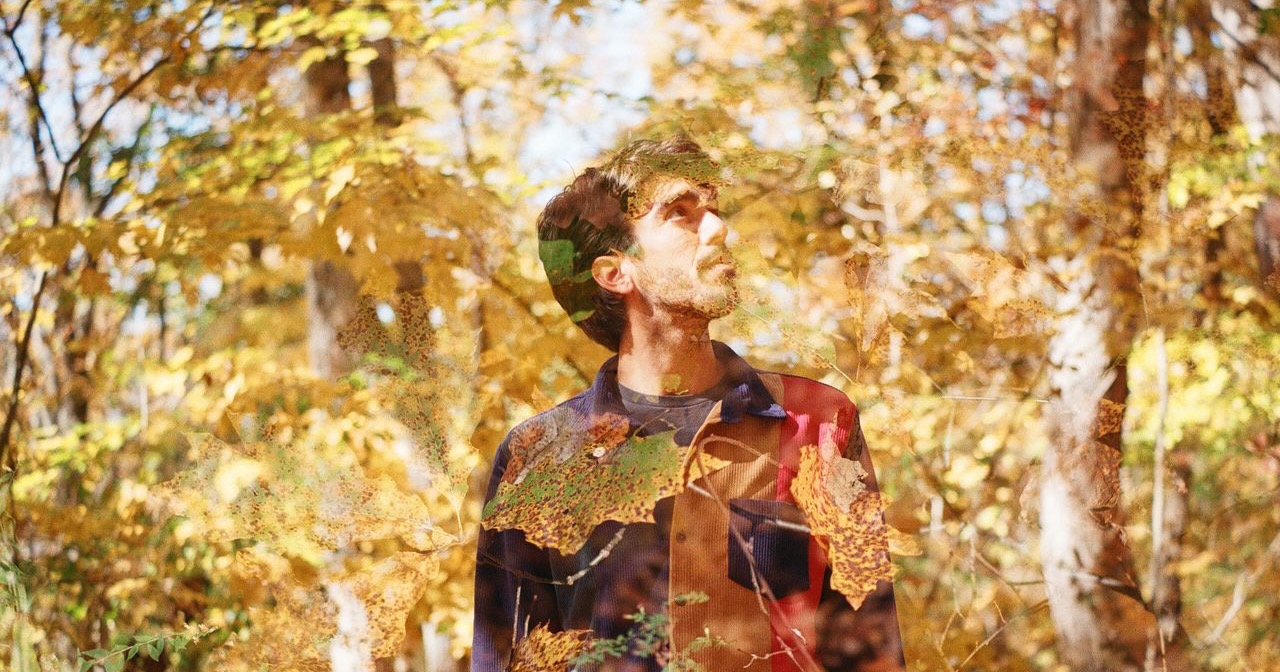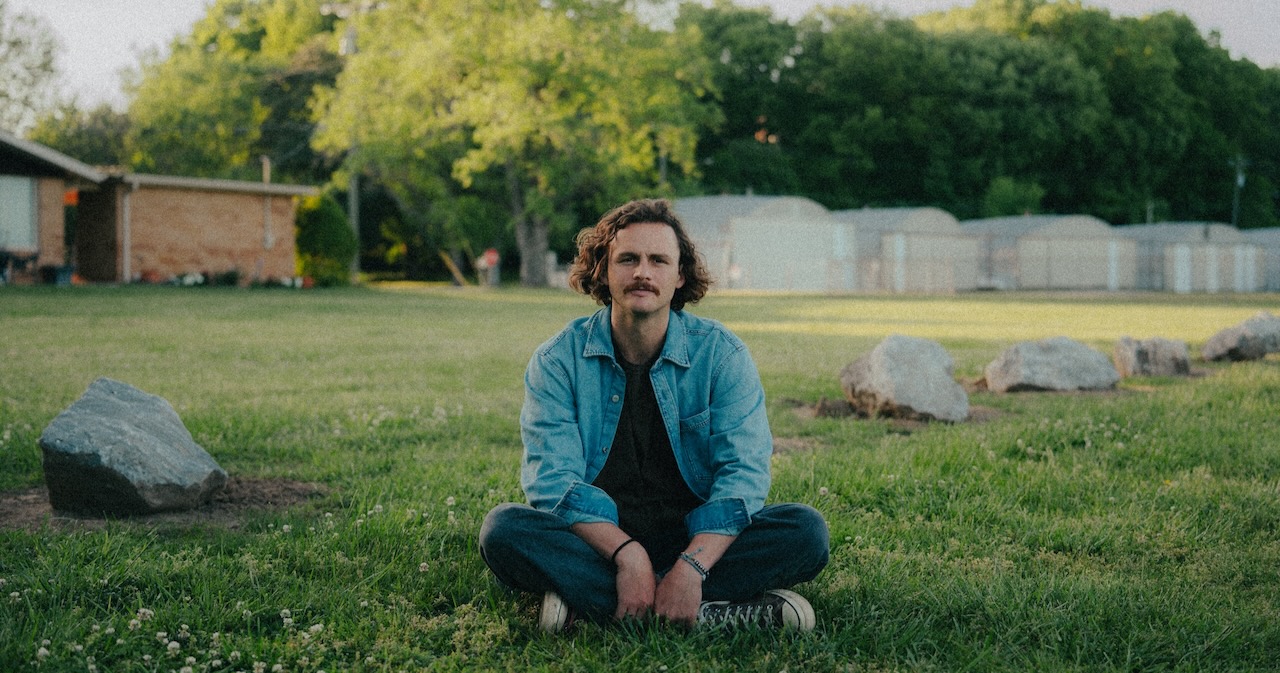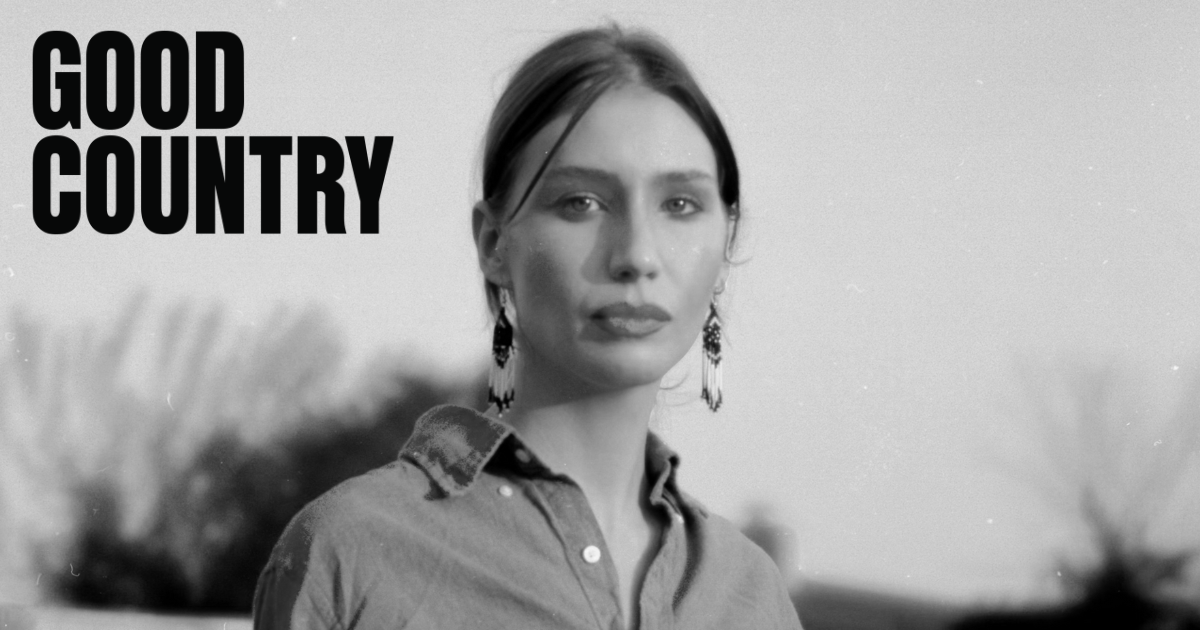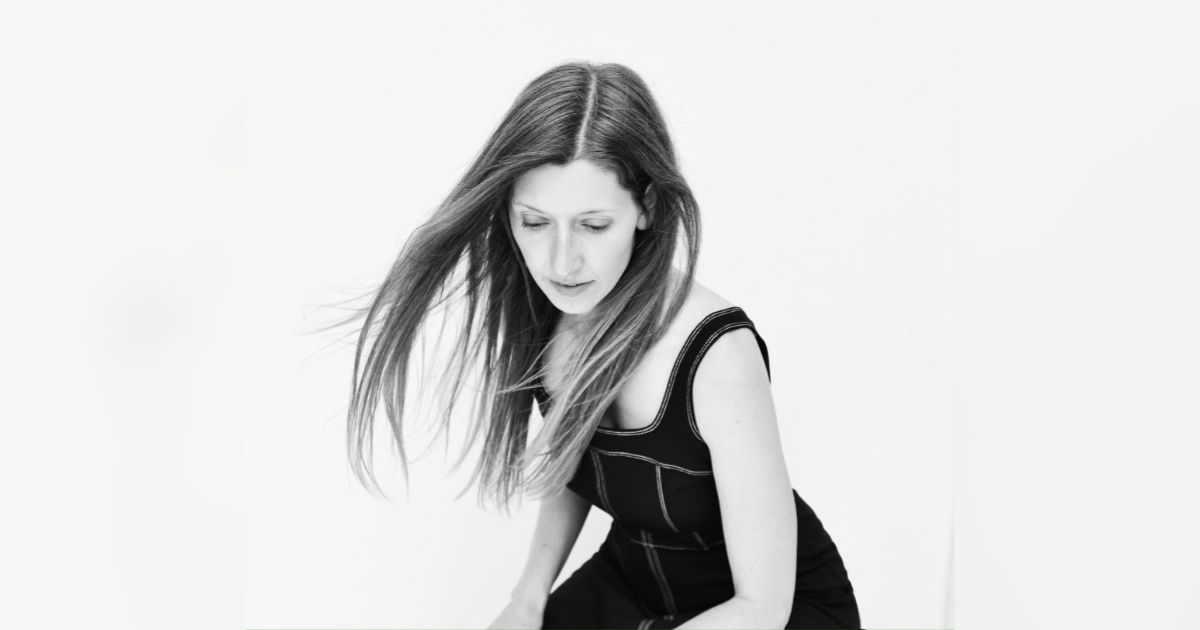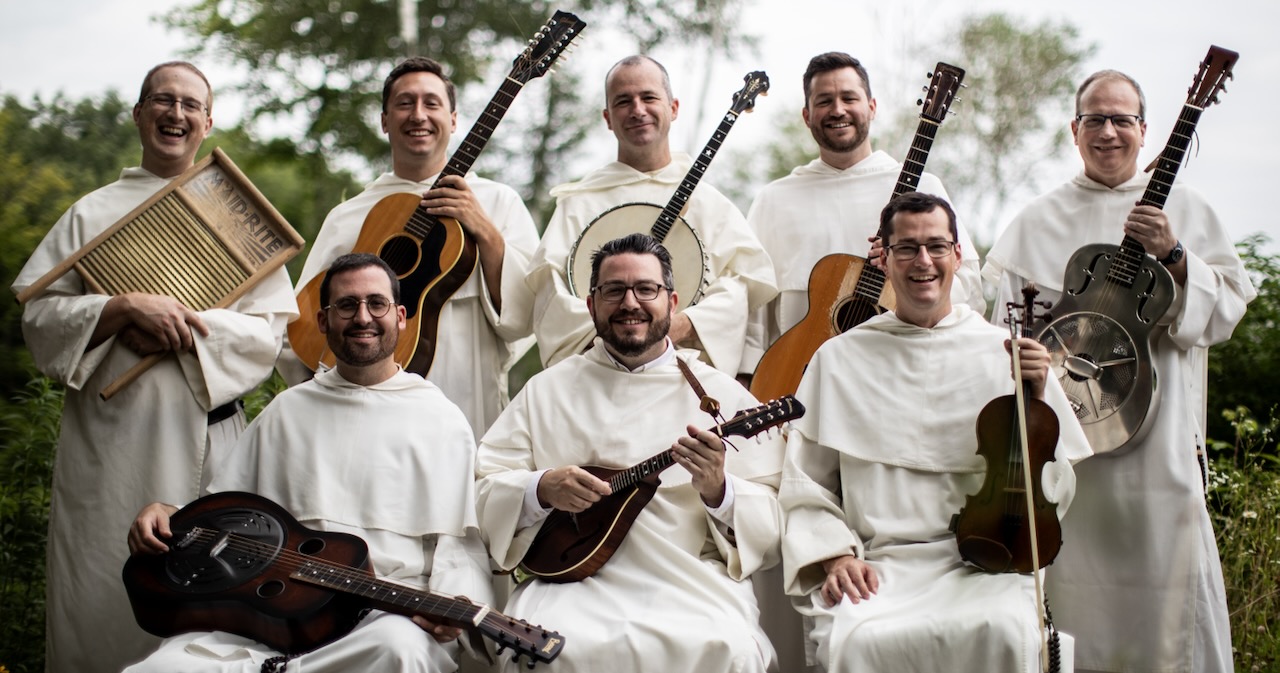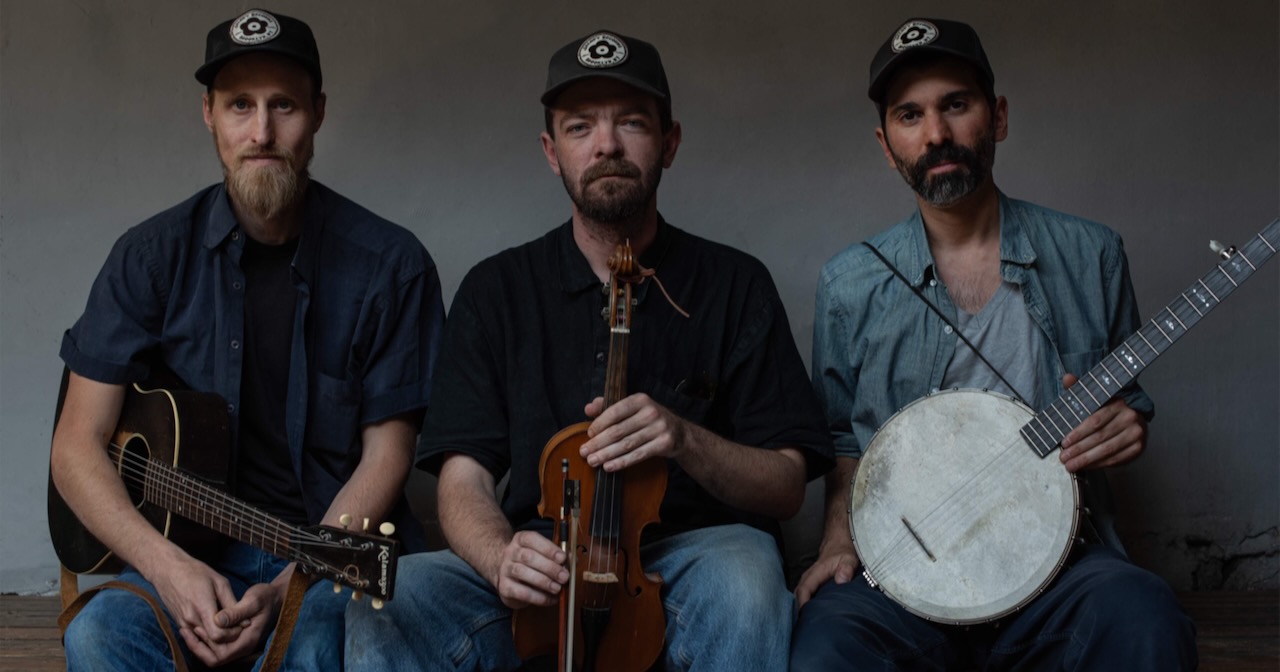Artist: David Berkeley
Hometown: Santa Fe, New Mexico
Latest Album: A Pail Full of Fire
Personal Nicknames (or rejected band names): The only time I really had a nickname was when I was teaching in a public middle school in Bushwick. The kids called me Shaggy.
What’s the toughest time you ever had writing a song?
I gave up on my song “This Be Dear to Me” probably a dozen times. I began writing it as an exercise in positivity after Trump got elected. Instead of lamenting all the things I feared would be ruined, I decided to try to write a list of what I loved. That’s where it started. Pages and pages of places I found beautiful, people I cared about, lists of what I valued. I guess I wanted to unite people who were behaving like they had nothing in common by reminding them (us) that there are lots of things we all love. Like, here are some things we all must hold dear, right? Rivers and trees, the autumn, the moon, our children. If we remember that then maybe we stop fighting about less important things?
But I didn’t want it to be heavy-handed or preachy. And I didn’t want it to be too syrupy. Eventually, I had the list and I shaped it into maybe forty verses. That felt like a few too many, though, so I spent a long time whittling. I got it down to three. At first the chorus was just an extended Amen. “Ah ah ah ah… men.” But that seemed like a cop out. So I ultimately added a lyric, which wasn’t easy to write. It appeals to Adonai to help remind us what is worth fighting for. That also felt like a risk. I’m Jewish, but I rarely reference my Judaism in my music. Finally, I had this idea that the song should lift and modulate as it progresses, so the lyric would feel more urgent and the music could soar. But I also knew that I wanted it to feel cyclical and to come back home at the end. So then it became almost like a puzzle. Could I move through several keys and return to where we began? That’s ultimately where the song landed. It’s the hardest I ever worked on a song, but it’s also probably the most powerful to sing live.
Which elements of nature do you spend the most time with and how do those impact your work?
I never had a dog growing up. In fact, I never really liked dogs. I pretended to like your dog if we met. But really I was a little afraid of her/him. And I never understood dog people. I’m a father of two boys. And when people talked about their dog like a child, I bristled. But we got a puppy during COVID. Her name is Mali, and I love her. Like I really love her. She’s changed my whole world. Don’t tell my boys, but I often miss Mali more than my kids when I’m on tour. She certainly seems happier to see me when I come home than they do.
This all to say, I spend a lot of my time hiking with her in the Sangre de Cristo mountains above Santa Fe. You’re far more likely to run into me hiking up Picacho or on the backside of Sun Mountain than anywhere else in town. You can see a hundred miles from up there. And I normally bring a blank book with me. I start a lot of songs on those hikes. And I try my melodies out on Mali. She has better ears than humans do, so I think it’s fair to trust her reaction.
How often do you hide behind a character in a song or use “you” when it’s actually “me”?
I wouldn’t call it hiding, but I use characters more and more in my writing to express certain ideas or emotions that might be clearer through the eyes or mouth of someone else. My song “Omaha,” for example, is a song about a guy trying to reunite with a lost love. That’s not autobiographical at all, but it’s honest.
And of course in my duo project, Sons of Town Hall. My partner and I have created a whole mythic backstory. My name in that project is Josiah and every song is sung from within that fictitious world. We’re now rolling out a comedy-fiction podcast series called Madmen Cross the Water that tells the stories behind the songs on our new album. But just like in my solo work, even though there is a character I’m writing for it doesn’t compromise the honesty. In fact, sometimes I think we can be more honest and open when we are wearing a kind of mask.
If you didn’t work in music, what would you do instead?
I’d go back to the Salmon River in Idaho and try to get my old job back as a river guide. I love playing music, but it isn’t an easy career and there’s a lot of it I don’t like – promoting myself, for example, or sound checking, or all the travel. But I liked every bit of being a river guide back in the day.
Since food and music go so well together, what is your dream pairing of a meal and a musician?
I’d like to travel back with Anthony Bourdain on a food tour of Italy. And after eating our way through the country for a few weeks, we end up in Rome. We head to the Pantheon one night under a big moon. It’s all barricaded off, but we’re ushered in. It turns out that Neil Young is there (but it’s 1971 Neil). He’s got a pipe organ in there and a few guitars. They serve us plates of cacio e pepe and glasses of cold Frascati and he basically plays the Massey Hall set for maybe fifty of us.
Photo courtesy of the artist.
